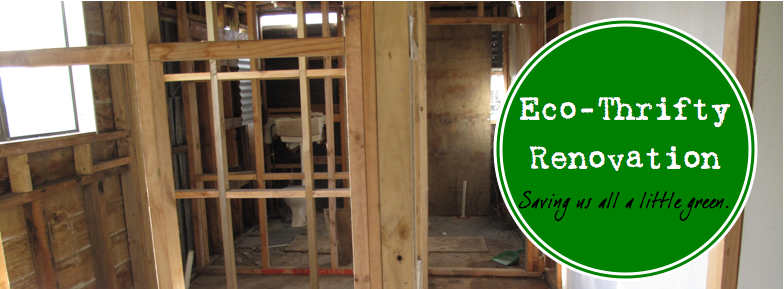Some of you will be familiar with this headline:

Hopefully it was on every front page on the planet. As should this one:

From the latter:
NEW DELHI |
(Reuters) - Global climate talks need to focus on the growing threat from extreme weather and shift away from political squabbles that hobble progress toward a tougher pact to rein in greenhouse gas emissions, the head of the U.N. climate panel said.
I think about the interface of science and economics and politics all the time. I think about the effects of extreme weather on our coastal property. And I'm working to protect it from such extremes. This willow tree indicates the direction and strength of the prevailing winds off the Tasman Sea.

We have added extra bracing in the house to protect against high winds, and we have built fences and planted trees as wind breaks for our gardens and fruit trees. But those outdoor efforts have not been enough for a week and a half of relentless westerlies with the worst predicted to come tomorrow. So Tom the Intern and I got to building an eco-thrifty windscreen.
First we pulled and straightened nails from salvaged wood. (Pulling nails is the first skill we teach interns. It cultivates patience, humility and mindfulness toward materials.)

Materials list:
De-nailed timber: free
Straightened nails: free
Wind netting: $5 at Hayward's Auctions

The New Zealand Building Code is very strict on bracing, as it should be in such a windy country. I've adopted that idea of overbuilding for wind into this project by placing the timber in between the existing posts and the iron fence, and then securing them with heavy galvanized nails.

And we attached the wind netting to the uprights with 20 mm battens that "sandwich" the netting in between. This reduced point stress that would be caused by using staples.

And for $5 and a couple of hours work we have a strong wind screen that has made an immediate difference for our vegetable gardens and fruit trees.

A large part of eco-thrifty living and low budget / high performance permaculture is hard work and a willingness to learn new things constantly. It is also knowing when to buy something of top quality and when to re-use materials or substitute alternatives. There are no rules. Every area is a grey area. And, as we've seen from Wellington to Washington, we cannot count on governments to be proactive on climate change...or nearly anything else. Worldwide there has been a shift in attitude about climate change from one of mitigation to one of adaption. While we do our best on both fronts, it appears that the majority has spoken, and we need to double-batten the hatches.

Peace, Estwing

No comments:
Post a Comment